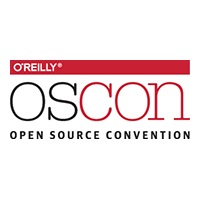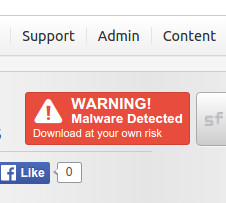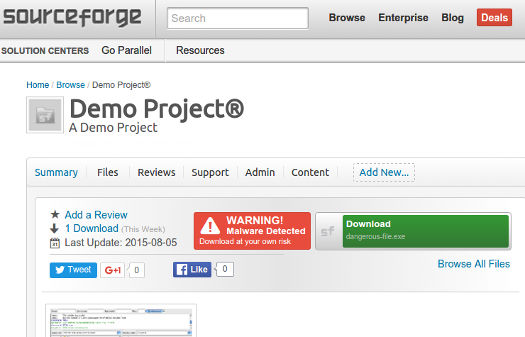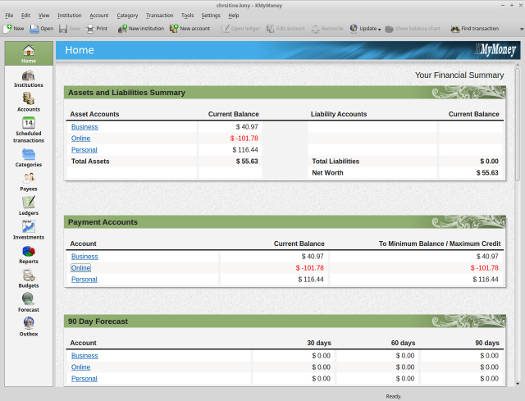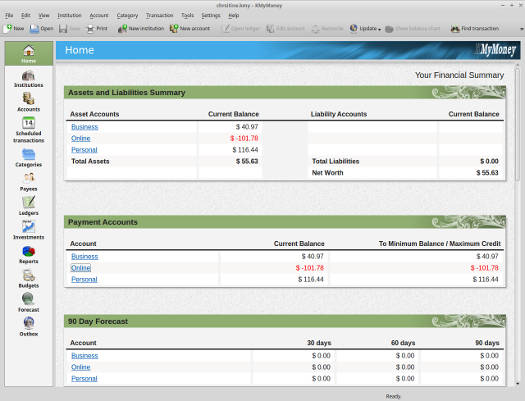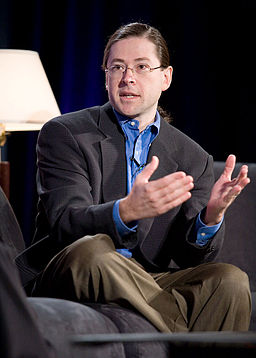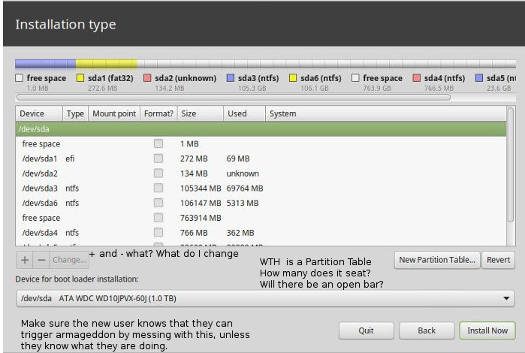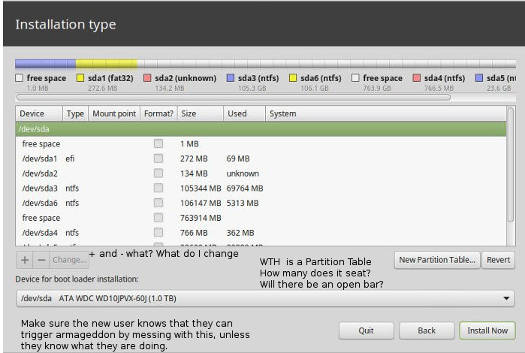The Video Screening Room
DIY health care is here. Open source is providing the ways and means for amazing and affordable advances, like an artificial pancreas built using a Raspberry Pi, and letting people take charge of their health care in the process.
If you love open source, you’re going to love browsing thru the many OSCON 2016 videos being uploaded to YouTube. The one I found most fascinating is this short clip in which Dana Smith explains about an artificial pancreas built using a Raspberry Pi.
For the past 10 years, Phil has been working at a public library in the Washington D.C.-area, helping youth and adults use the 28 public Linux stations the library offers seven days a week. He also writes for MAKE magazine, Opensource.com and TechSoup Libraries. Suggest videos by contacting Phil on Twitter or at pshapiro@his.com.



